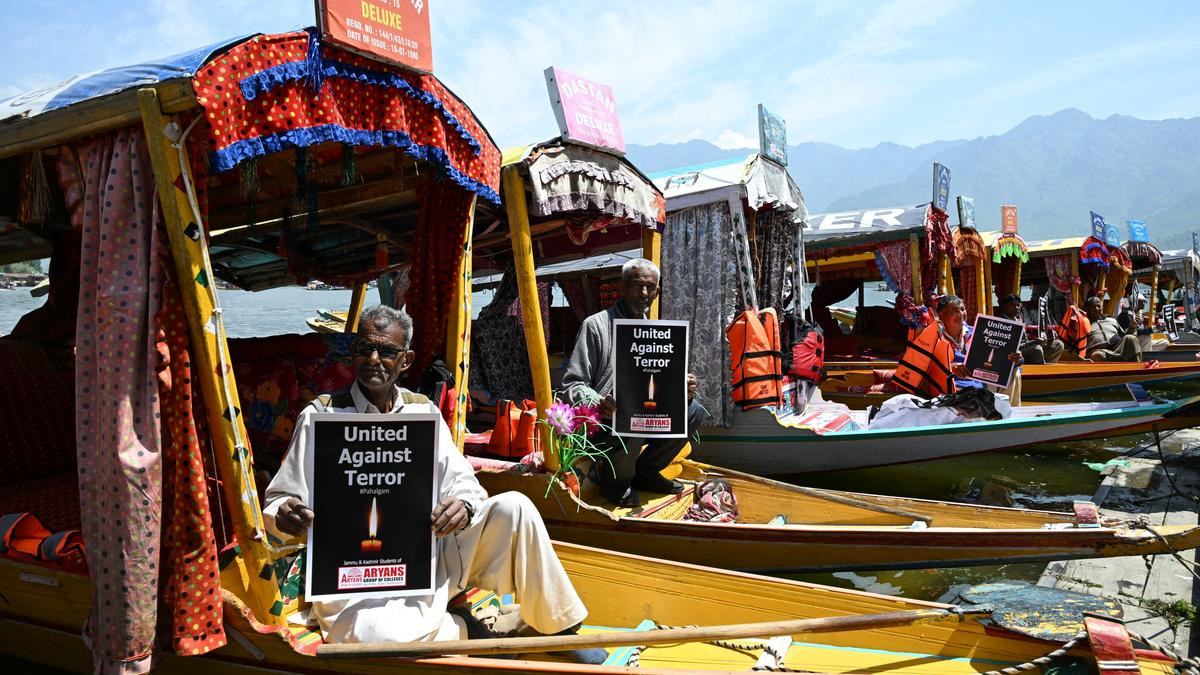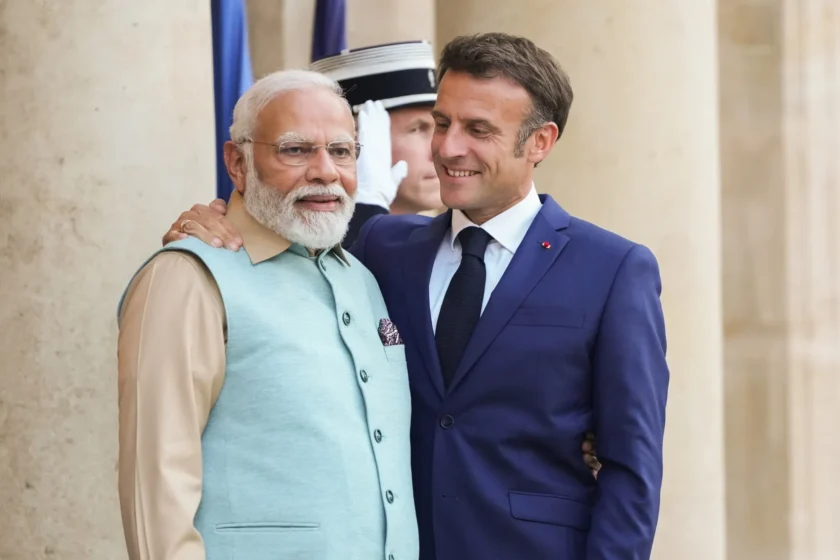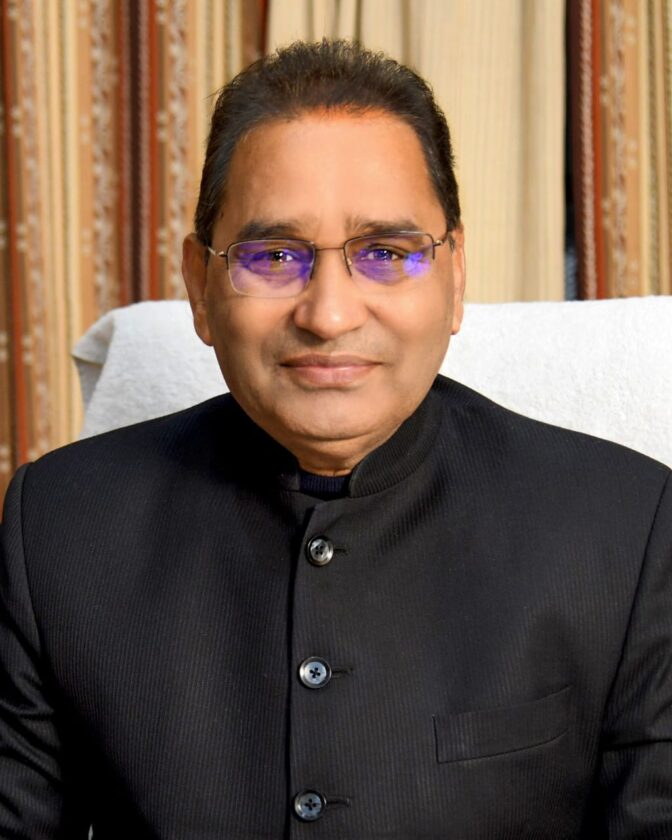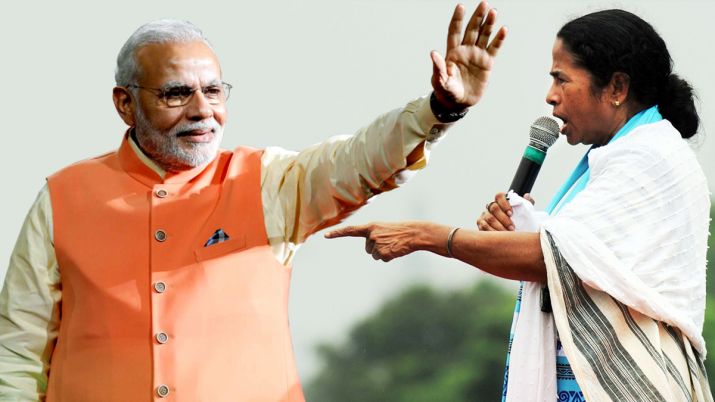Srinagar: The tranquil meadows of Baisaran in Pahalgam, a gem in Kashmir’s tourism crown, witnessed unspeakable horror on April 22, when at least 28 civilians—mainly tourists—were brutally killed in a planned terrorist ambush. Claimed by The Resistance Front (TRF), a Lashkar-e-Taiba proxy, the attack has left the nation reeling and drawn renewed focus to Kashmir’s persistent vulnerability to terror.
A Calculated Strike on Civilians
The terrorists, believed to number between four and six and including at least two Kashmiri men trained in Pakistan, ambushed a group of tourists in the remote Baisaran valley—accessible only by pony or foot. Victims were reportedly asked to identify their religion before being shot. Among the dead were two foreign nationals from Nepal and the UAE, and Syed Adil Hussain Shah, a brave local pony rider who died trying to stop the assailants. One chilling incident involved Bengaluru resident Bharath Bhushan, who was shot in front of his wife and son after being questioned about his faith.
The attackers used military-grade weapons, suggesting both extensive planning and external support. Survivor videos show strewn belongings and frantic cries for help, revealing the sheer terror of the ambush. The choice of a secluded tourist spot indicates a strategic effort to hurt Kashmir’s tourism-dependent economy while inciting communal unrest.
A Wake-Up Call for Kashmir
The incident is not just an attack—it’s a message. “This was no random act. It was ideologically motivated and carefully orchestrated to send shockwaves through the Valley,” said Lt Gen (Retd) DP Pandey. Jammu & Kashmir Chief Minister Omar Abdullah called it the most horrific attack on civilians in recent memory, warning that the peace Kashmir recently enjoyed is now under severe threat. The attack risks derailing the region’s hard-earned stability and pushing it back into fear and economic uncertainty.
Col (Retd) Abhay Patwardhan noted the attack’s communal overtones, where terrorists deliberately singled out non-Muslims—a grim sign of efforts to inflame religious tensions. “This is a national wake-up call to fix security lapses and counter the spread of radical ideologies,” he emphasized.
A United, Decisive Response Needed
The killings have sparked a wave of condemnation across political and social spectrums. Defence Minister Rajnath Singh promised a “loud and clear” response, reaffirming India’s zero-tolerance stance on terrorism. Prime Minister Narendra Modi cut short an overseas visit to convene a high-level security meeting. Brig (Retd) Vivek Sharma stressed the need for a holistic counter-terrorism approach, combining intelligence, military readiness, and community engagement.

Yet, experts caution that brute force isn’t enough. “The real war is against the mindset,” said Gen Pandey, who advocated for deradicalization programs and better youth engagement in vulnerable areas.
Avoiding Politicization and Division
Unfortunately, the tragedy has not escaped political controversy. Robert Vadra’s comments linking the attack to the “Hindutva agenda” were slammed by the BJP for politicizing a humanitarian crisis. “Terrorism is an enemy of humanity, not tied to any faith,” a BJP spokesperson retorted, calling for unity instead of division.
Meanwhile, local solidarity has been heartening. Pahalgam hotelier Asif Burza, speaking during a protest march, declared, “This is a crime against all humanity. Our town stands with the victims. We are offering free lodging to stranded tourists.” Slogans of “Hindustan Zindabad” and “I am Indian” echoed through Pahalgam, symbolizing defiance against terror and communal division.
The Path Forward
The attack has spurred national mourning and renewed urgency in counter-terror operations. Security forces have launched a massive manhunt, released sketches of suspects, and initiated combing operations in suspected hideouts like Kulgam’s Tangmarg. The National Investigation Agency is actively involved, and nationwide security alerts are in effect.
Ultimately, the Pahalgam terror attack is more than just a heinous act—it’s a test for Kashmir and India. As Chief Minister Abdullah poignantly put it, “This isn’t about Hindu or Muslim—it’s about humanity.” If the Valley is to reclaim peace, it must unite beyond rhetoric, build resilience, and act with unwavering resolve.
Only then can Kashmir truly move forward—from fear to freedom, and from division to unity.









